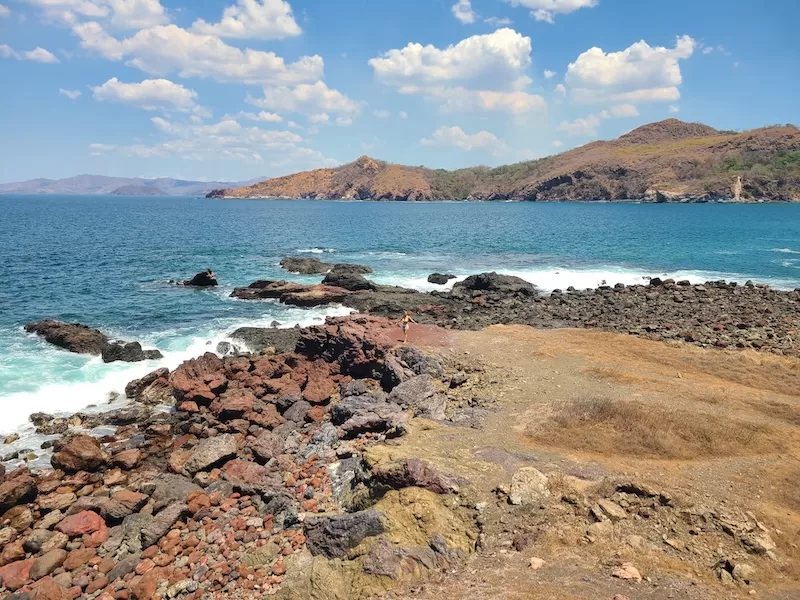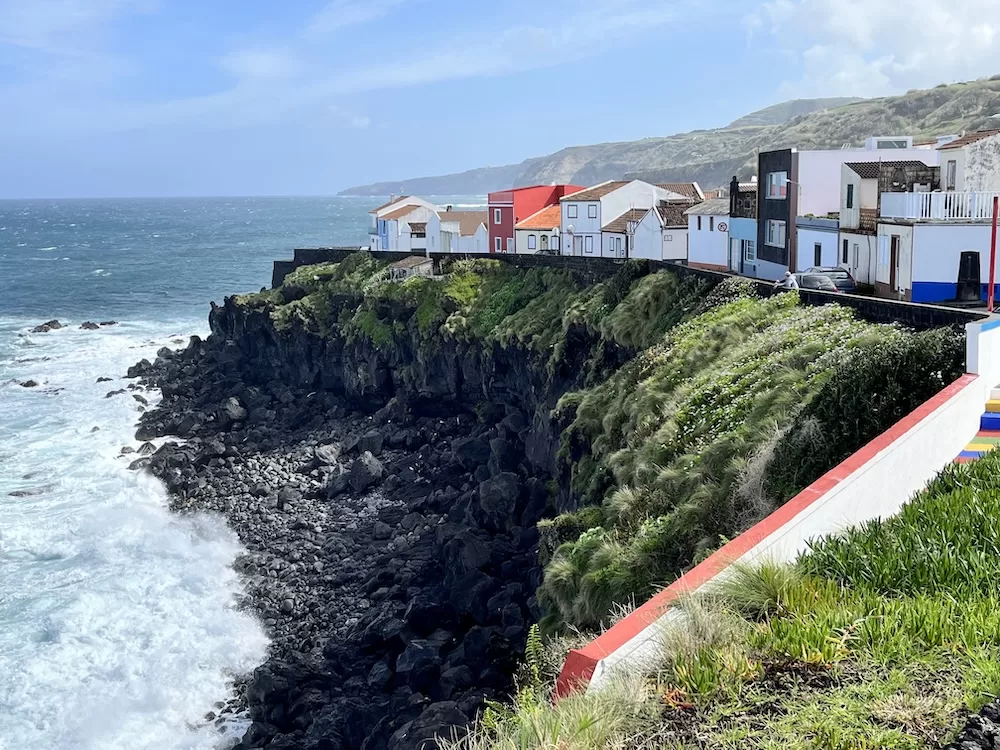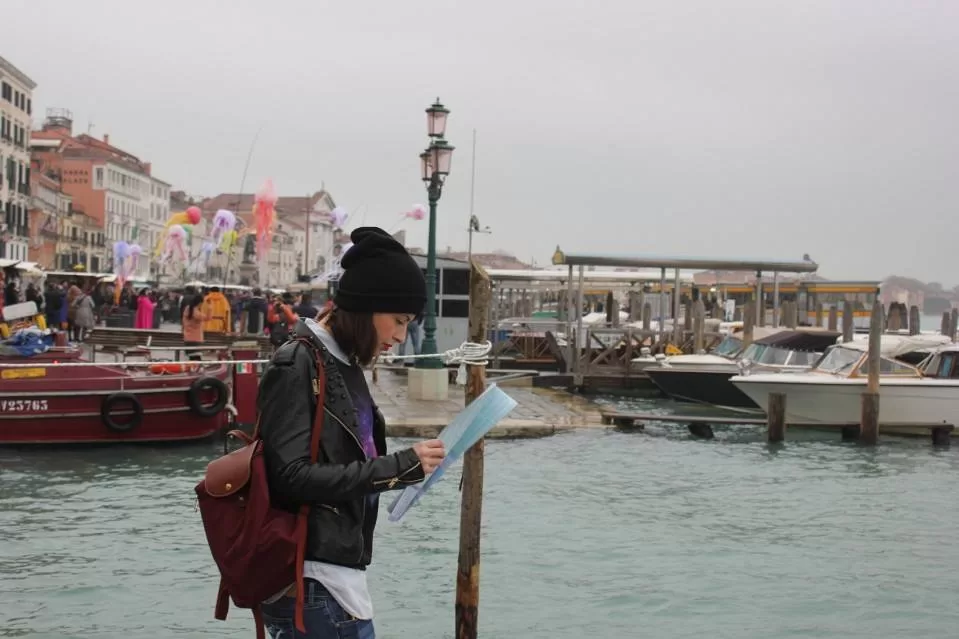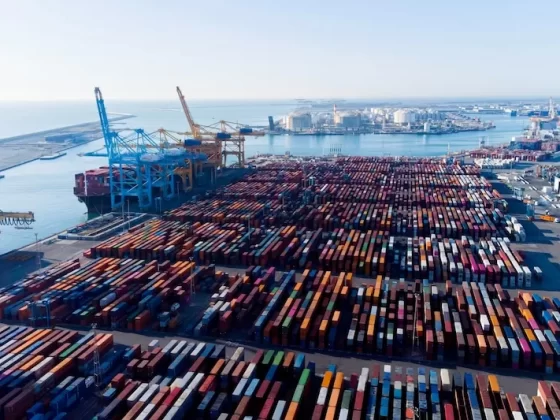As an American expat living in Costa Rica for two years, I have seen many people jump headfirst into the adventure of living abroad, only to end up financially strapped and unhappy before they even settle into their new homes.
That’s because there are common mistakes that people tend to make right off the bat that can quickly turn their dream into a harsh reality check. From not taking the time to understand the culture to bringing everything including the kitchen sink, these mistakes can easily throw a wrench into your plans. So, before you apply for that visa and book that flight, consider these five classic blunders that can disrupt your once-in-a-lifetime adventure.
1. The Wrong Country or the Wrong Reasons
People move abroad for many reasons. Some are looking for adventure, or a simple lifestyle or better value for their money. While those are valid motivations for relocation, it’s also important to have a genuine interest in the country you choose.
If you end up in a place where the culture doesn’t fit your personality or you feel anxious about leaving your home, life will not magically become easier or cheaper. In Costa Rica, I have seen many expats who simply aren’t suited for this lifestyle.
This beautiful country is filled with diverse wildlife, including some species that are not exactly cute (think snakes, spiders, scorpions, mosquitoes, and grasshoppers bigger than your hand). If you’re not a nature lover, this may not be the ideal place for you.
I had moments of doubt during my first rainy season. But I persevered and learned from locals how to keep the mosquitoes at bay. I once found a neighbor in tears because she discovered dozens of crabs in her pool every morning. She lived a block from the beach, so aquatic life in her yard seemed likely, but she had not considered this when she moved.
Read more like this Global Experts Share Valuable Advice on Moving Abroad
Another factor to consider is the pace of life. In Costa Rica, like many other Latin American countries, things tend to move at a slower pace than in Western countries. For me, this was a welcome change. Some expats get frustrated when things take longer than expected, such as dealing with contractors or repairs.
What might be a quick fix back home could drag on for weeks here. To enjoy life as an expat, it is important to adapt and embrace the local culture instead of demanding that things conform to your schedule, which will only cause frustration and tension within your new community.

2. Skimping on Research
It’s important to deeply research your destination, and preferably make an extended visit, before making any permanent decisions. Before moving to Costa Rica, I visited the country four times over ten years, exploring towns, beach areas and mountains.
Due to the pandemic, I hadn’t visited in a couple of years before my move, and was surprised by how much had changed. My initial choice of Puerto Viejo on the Caribbean coast had transformed from a quiet surf town into a crowded party destination.
Fortunately, I made this discovery before making any final decisions and decided to move to Guanacaste on the opposite side of the country. Things can change quickly, so stay up to date and make sure to visit within a few months of your planned move date.
3. Round Peg into a Square Hole
While many people embrace the local culture when visiting another country, others miss the comforts of home. They want Cheerios, Northern Bath Tissue, or conveniences like air conditioning and dishwashers that may not be easily found in their new country.
I’ve seen acquaintances build beautiful new homes with lush gardens, pools, fountains, and electric pool covers, only to realize that water shortages and less than reliable electricity prevent them from using any of it. After a few months, their gardens are dead, the water fountains are turned off, and the dishwasher goes unused for months at a time.
They end up spending a fortune to truck in water just to maintain their pool. Suddenly, their dream of a cheap and comfortable life abroad becomes expensive and inconvenient. Similarly, don’t bring everything you own with you.
Use this opportunity to pare down to the essentials. I know many people who ship huge containers to Costa Rica only to discover that most of it is unnecessary or unsuited to their new home. I advise testing out the local decor first.
My brother lives in Bali and initially disliked the traditional Balinese toilets with spray nozzles. He thought about importing a toilet. But after a few years there, he now misses his Balinese toilet when he is back in the U.S.

4. Building Rather than Buying
It’s almost always better to buy an existing home than to build a new one. The process of building a house often leads to unexpected complications. In Costa Rica, the influx of expats building homes has driven up housing prices, making it difficult for locals to afford property.
This puts a strain on public resources and ultimately harms the community. Building a house in your home country can be challenging enough, but attempting it in a foreign country with different laws, regulations, and language barriers can be almost impossible.
Most of my friends who have built homes in Costa Rica have faced significant delays, cost over-runs, difficult contractors and legal issues. Save yourself the hassle and opt for an existing property, making only minimal changes if necessary. You’ll be much happier in the long run.
5. Neglecting to Learn the Language
A question frequently asked by potential expats is whether it is important to learn the language of their chosen destination. My answer is always the same: yes, at least the basics. While English may be widely spoken in your new home country, grasping the local language is still essential for daily life.
You can take your time to become fluent, but having the ability to ask for directions, order food at a restaurant, inquire about prices, and handle simple transactions is important. These are everyday interactions, and being able to manage them without relying on others will give you more confidence as you settle into your new home.
Learning the language goes beyond just surviving daily tasks. It’s about connecting with people and immersing yourself in your new community. Locals will appreciate your efforts, and they’ll be more likely to interact with you when they see that you’re trying.
Even if you make mistakes, they’ll often offer encouragement and gently correct you. I can’t count how many times I’ve used the wrong word or phrased something incorrectly—only for both of us to burst into laughter. My failures deepened our connection.
Knowing the language will help you navigate aspects of daily life that may not be obvious at first. Paying bills online, dealing with local authorities, or even calling an ambulance in an emergency are all situations where having a basic understanding of the language will make a huge difference.

While translation apps like Google Translate can be helpful in a pinch, don’t rely on them as your main method of communication. They’re useful for quick fixes, but using your phone to translate everything, especially with strangers, can lead to awkward situations. Worse, you may end up handing your phone to someone who isn’t as trustworthy as you think.
Remember, learning the language isn’t just about getting by; it’s about flourishing. It shows respect for their culture and can lead to new friendships and opportunities that you might not have encountered otherwise.
So don’t put off learning—start now, even if it’s just the essentials, and continue improving once you arrive. The language barrier may seem daunting at first, but with time and practice, it will become less of an obstacle and more of a bridge to deeper connections in your new life abroad.
By being aware of these common mistakes made and managing your expectations, you can avoid many of the frustrations that often come with relocating. Moving abroad can be a life-changing experience that offers new perspectives and opportunities beyond your imagination, but only if it’s done right.
Read more like this 7 Fears Keeping You from Moving Abroad (and How to Beat Them)
——————-
Semi-retired teacher and theater professional Tam Matthews moved to Costa Rica in January of 2023 with her two dogs. She writes about expat life on Substack.










